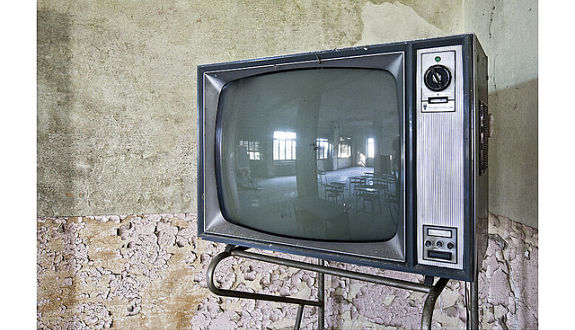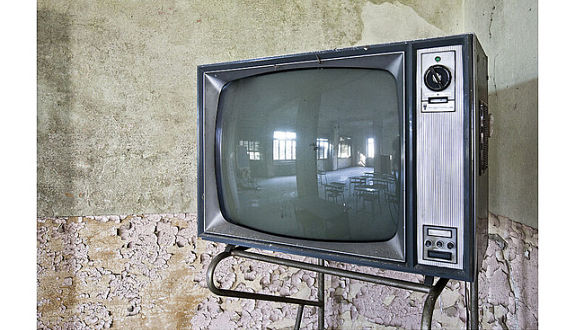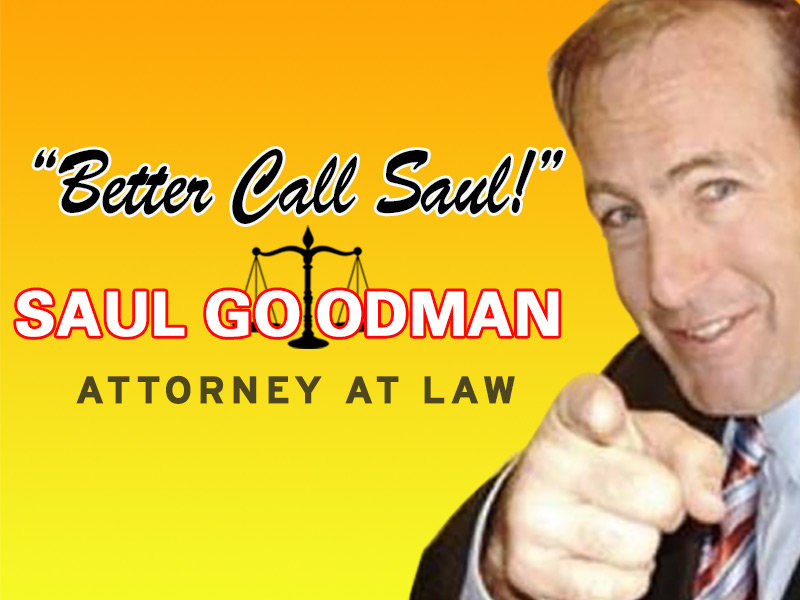What Happened to All the Cool Lawyers on TV?
- by
- May 01, 2017
- Odds and Ends
- Reviewed by: Matt Riley


On television, not very long ago, there was Ally McBeal. On that show, Calista Flockhart captured the 90s zeitgest by navigating her 20s in a zany Boston law firm with a unisex bathroom, all while wearing high-hemmed business suits and dating Robert Downey, Jr. Before her, there was Arnie Becker and Michael Kuzak and Doug Brackman of L.A. Law’s elite firm of McKenzie, Brackman, Chaney, and Kuzak, who slept with clients after having them sign legal documents, discussed an apparently mythical sexual position called the “Venus Flytrap,” and gallivanted around a sunny Los Angeles with Reagan-era excess. Before them, there was Perry Mason, where Raymond Burr played a immaculately-coifed criminal defense attorney with the remarkable fortuity to not only represent exclusively innocent clients, but to be able to use logic, evidence, and a steely courtroom demeanor to break down the actual perpetrator on the stand.
The “cool” lawyer—whip smart, relatively young, attractive, and improbably successful in winning cases—used to be practically a stock character on television. Nearly every network had a legal show, and nearly every legal show had the character that made being an attorney look like one of the coolest things you could do. There was the follicly-gifted Peter Gallagher as Sandy Cohen on The O.C. There was Rob Lowe as Sam Seaborn on The West Wing. James Spader as Alan Shore on Boston Legal. A veritable army of prosecutors on the Law & Order franchise. These shows may have taken a few liberties in depicting a work of a lawyer, but the characters made the job look fun and aspirational.
But now, these lawyers have all but vanished from television. It’s not exactly a surprising development; TV cycles come and go. But this time, the disappearance of the “cool” lawyer character type has corresponded with an era when young graduates don’t necessarily consider legal careers with the same starry-eyed reverence they once did. So it’s worth asking why that is, and if the disappearance of this once ubiquitous character had anything to do with that.

When you look to attorneys currently on television, you have to start with Better Call Saul, currently airing its third season on AMC. On that show, Bob Odenkirk depicts the slow moral degradation of Jimmy McGill, a former two-bit con man trying to straighten his act and make it in the legal world. Of course, everyone watching this show knows where this story ends. Better Call Saul is a prequel to the massively-popular Breaking Bad, where Odenkirk played the beloved character Saul Goodman, the alias McGill adopts to take an “unscrupulous” approach to the law.
The way Saul depicts the legal profession is actually fairly realistic. A season two episode features a lengthy (and, for what it’s worth, beautifully shot) montage of a character methodically working through a Rolodex to find a new client for her law firm. No one will accuse Saul of taking the poetic license with the legal profession its predecessors did. But this accurate depiction of legal work, along with a protagonist who, at his very best, takes a very shady approach to his work, isn’t exactly making the legal profession look cool the same way these older shows did. In other words, it’s hard to imagine Saul inspiring recent grads to take the leap into the life of an attorney.

The closest things currently on the air to “cool” attorney characters are probably Harvey Specter and Mike Ross on USA’s Suits. On that show, Specter—an attorney who’s the best “closer” in New York (which is a thing, apparently)—brings on Ross to help him at his firm, despite the fact that Ross never attended law school, and is therefore not, strictly speaking, an attorney. These guys have all the hallmarks of the “cool” lawyer stock character. Easy wit, glamorous offices, romantic entanglements. But the very premise of the show seems to undermine its place within the lineage of “cool” lawyer shows. In order to make lawyers seem cool again, they had to bring in a non-lawyer, who didn’t have time for the business of actually earning a degree and getting admitted to practice law.
It’s telling that when David E. Kelley—who, through his work on L.A. Law, The Practice, Boston Legal, and Ally McBeal, practically invented and codified the “cool” lawyer look—returned to make TV this year, he didn’t really bother with any attorney characters. Kelley’s Big Little Lies on HBO featured but one attorney character: Nicole Kidman’s retired attorney Celeste Wright. Kidman managed to get one semi-“cool” lawyer moment in—making the legal case that the mayor of the city had no right to cancel her friend’s production of Avenue Q—but her main story had almost nothing to do with her former life of attorney. If David E. Kelley were to depict the moneyed elite of Monterey, CA in the 80s or 90s, surely he would have made them all partners at prestigious law firms. Now, they’re all tech CEOs.
And that seems to be the death knell for the “cool” lawyer trope. Once upon a time, if a TV writer wanted to make a character seem smart, witty, and iconoclastic, making them an attorney was an obvious move. Now, making them a tech visionary is an even more obvious move. Obviously, the stagnation in law school applications is due to a multitude of factors. But it’s no secret that pop culture influences people’s, especially young people’s, attitudes and perceptions. And with the disappearance of the charismatic attorneys from the television screen has to play at least some small role in the legal profession’s relative loss of cachet.
Search the Blog

Free LSAT Practice Account
Sign up for a free Blueprint LSAT account and get access to a free trial of the Self-Paced Course and a free practice LSAT with a detailed score report, mind-blowing analytics, and explanatory videos.
Learn More
Popular Posts
-
logic games Game Over: LSAC Says Farewell to Logic Games
-
General LSAT Advice How to Get a 180 on the LSAT
-
Entertainment Revisiting Elle's LSAT Journey from Legally Blonde








